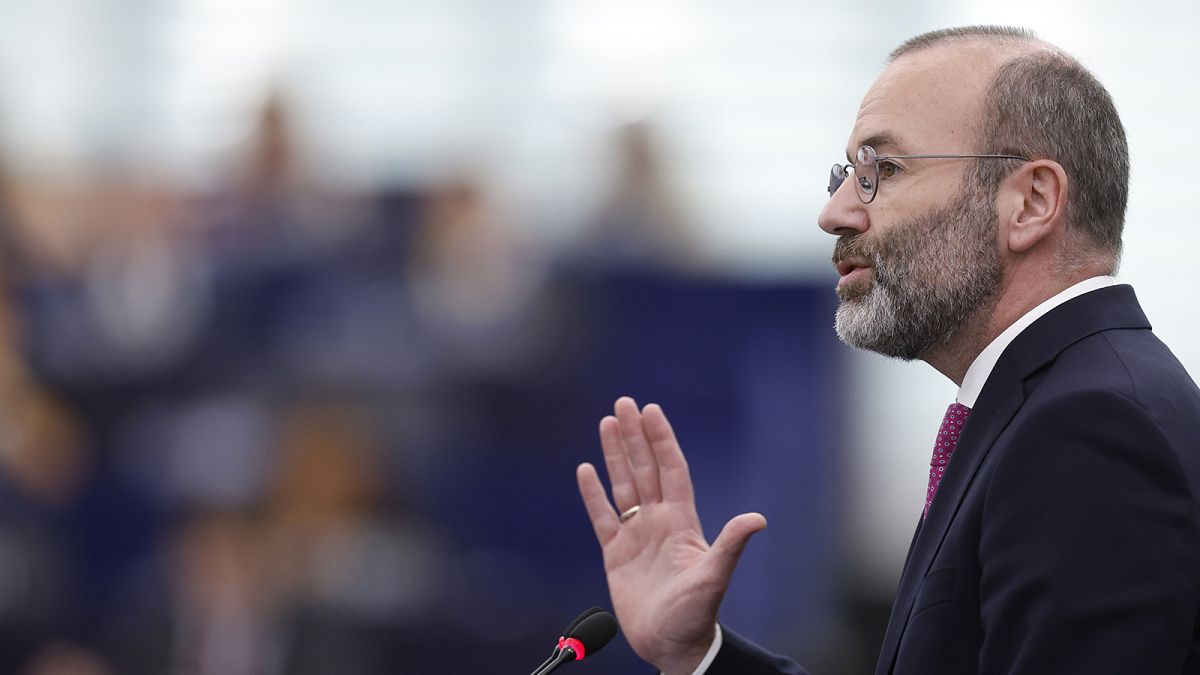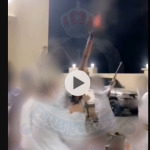The recent decision by Hungary to simplify its entry conditions for Russian visitors has raised concerns among European leaders, with EPP President Manfred Weber calling it “questionable”. This move aims to introduce a fast-track visa system for Russian visitors under the National Card programme. However, this decision has sparked fears of increased espionage activities as it may allow Russian citizens to enter Hungary and move freely into other EU countries without proper security checks.
The easing of visa restrictions for Russians in Hungary has prompted Weber to send a letter to the European Council President, Charles Michel, expressing his concerns about the potential security risks posed by this new policy. Weber warned that the new rules could create loopholes for espionage activities, posing a serious risk to national security. The European Commission has also raised concerns about the reduced checks on Russian citizens entering the Schengen area, emphasizing the need to ensure the safety and security of the EU.
Hungary’s Prime Minister, Viktor Orbán, has faced criticism for his pro-Russia stance and increasing ties with Moscow. This has led to accusations of disloyalty from Brussels and other EU capitals. Orbán’s recent visits to Moscow and Beijing, along with his meeting with Russian President Vladimir Putin, have raised concerns about Hungary’s alignment with Russia. These actions have triggered calls to strip Hungary of its EU presidency and voting rights by invoking Article 7 of the EU treaty.
Orbán’s controversial actions have also strained relations with neighbouring Poland, with accusations of hypocrisy and disloyalty being exchanged between the two countries. The Hungarian Prime Minister’s critical remarks about Poland’s economic relations with Russia led to a diplomatic spat between the two nations. This is not the first time Orbán and the EPP have clashed, as his ruling party Fidesz left the EPP group in the European Parliament in 2021 over disagreements on rule-of-law issues.
The tensions between Hungary and the EPP have escalated in recent years, with Orbán forming his own far-right parliamentary group after Fidesz’s suspension from the EPP in 2019. The Hungarian leader has accused the EPP of being biased against Hungary and trying to harm its interests. Despite these disputes, Hungary’s decision to ease entry conditions for Russian visitors has raised concerns among European leaders about the potential security risks posed by this move. The European Commission is closely monitoring the situation and engaging with Hungarian authorities to address these concerns and ensure the safety of the EU and the Schengen area.











